

Legal
SPECIAL EVENT
Creating a Season of Joy as a Caregiver
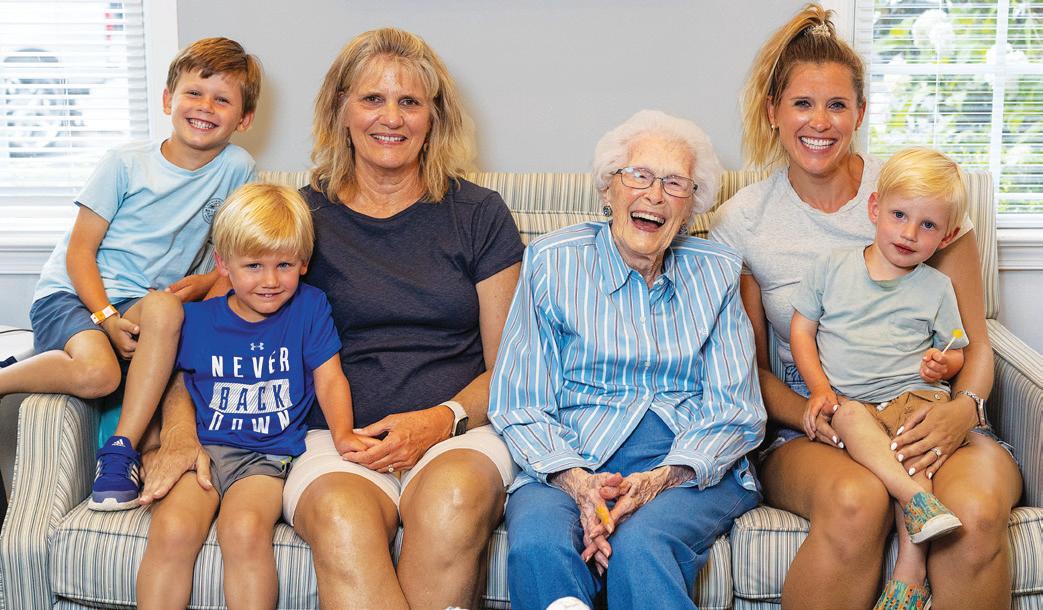
Helpful Hints for the Holidays
As we head into this holiday season, it is important for family caregivers to ask for and accept help. Studies show 4 out of 10 caregivers say they can’t manage it all during the holidays. Caregivers deserve to enjoy the holidays, too - relaxing, spending time with family and friends, and celebrating the traditions that mean the most to them.
Join us for a complimentary discussion on creating a season of joy. Learn how to prevent caregiver burnout and minimize stress so you can truly enjoy the holidays with your loved ones.
Lay leaders with legal degrees utilize their expertise for the community
Stephanie Peck
Lay leaders are integral to the functioning of Jewish Tidewater. With multiple synagogues, day schools, and various agencies meeting myriad needs of the community, Jewish Tidewater’s lay leadership helps steer the missions and define the goals of each organization, as well as navigate challenges, make decisions, and build consensus. In this special Legal section, several area Jewish attorneys share how their education and professional experience have guided their service as lay leaders. They also share examples of how that legal expertise has assisted them in directing the organization they were/are leading.
Scan the code or call to RSVP and reserve your Holiday Caregiver Support Kit. 757-347-1732




Jeffrey Brooke
Poole
Brooke Plumlee PC
Area ofLegal expertise: General Civil Litigation
Former president of B’nai Israel Congregation (seven years).
Law school and the practice of law teach you to take an orderly and logical approach to matters. There is a temptation when the fur is flying at a trial (for example) or in a board meeting to follow the loudest voices and bend to popular will. But that can be a mistake. Sometimes a deep breath and consulting with your key allies is needed before plunging ahead. Once consensus occurs, it’s also important to document decisions and to act on them. (This is called common sense in the real world and “contract law” by attorneys).
In my last year as president, we were able to entertain bids for and replace the HVAC and roof at B’nai. We also went through a long process to figure out our new rabbinic needs and recruited and hired Rabbi Shlomo Eisenberg. Both took consensus building, buy-in and a healthy dose of patience. It is quite handy for an organization to have an attorney on board to dot the “I’s” and cross the T’s” without having to incur legal fees all the time. Attorneys have an ethical and halachic requirement to give back to the community—the requirement to perform “pro bono” work – so doing this kind of work is a ‘win-win.’ Of course, it was my honor to serve in the position for so long and to see how we were able to thrive when everyone pulled together.
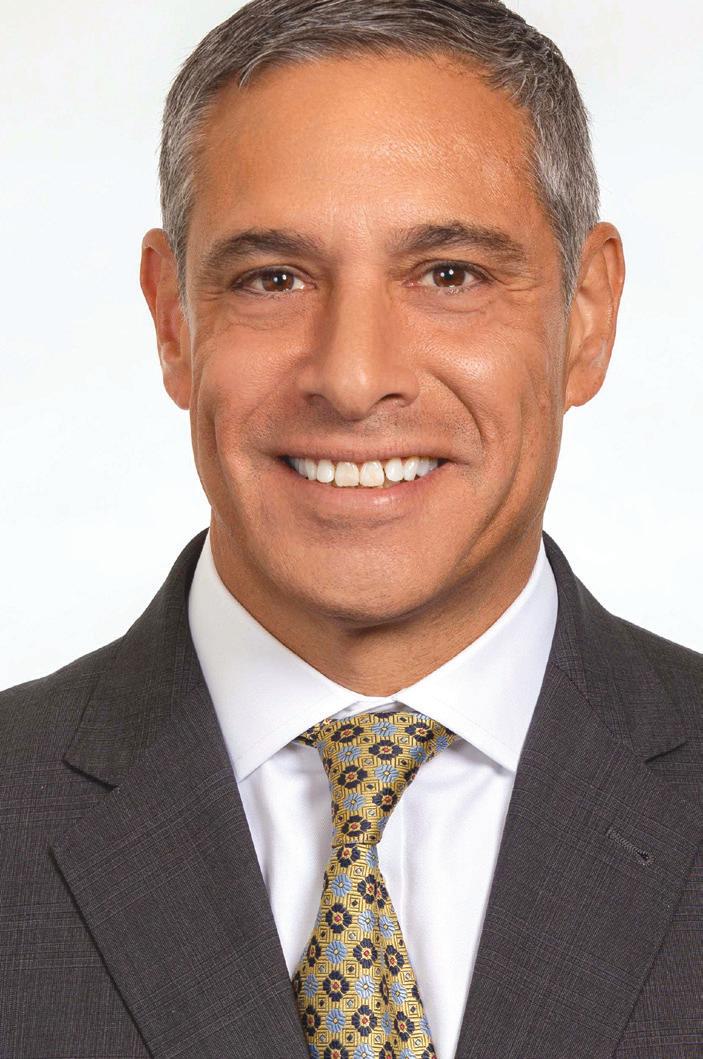
David A. Cardon
Cardon Law
Area of legal expertise: Personal Injury, Traffic & Criminal Defense
Past president of Strelitz International Academy Board of Trustees and current vicepresident of Congregation
Beth El Board of Trustees.
As a lawyer for almost 30 years, I have learned to analyze complex issues, assess risks, and think critically. These skills were essential in helping me as SIA board president in running board meetings, as well as overseeing school governance, operations, and strategic planning.
As president of the SIA board during the “COVID years," we were constantly having to make decisions that balanced the need to keep our students and faculty safe while at the same time maintaining a superior education for our students. I am proud to say, along with the incredible leadership of Heather Moore, SIA head of school, we were able to navigate the COVID period with the least amount of disruption to our students and faculty. In fact, because we were able to remain open for inschool learning for most of the time, while many schools in our community switched to virtual learning, SIA saw a significant increase in our student enrollment.
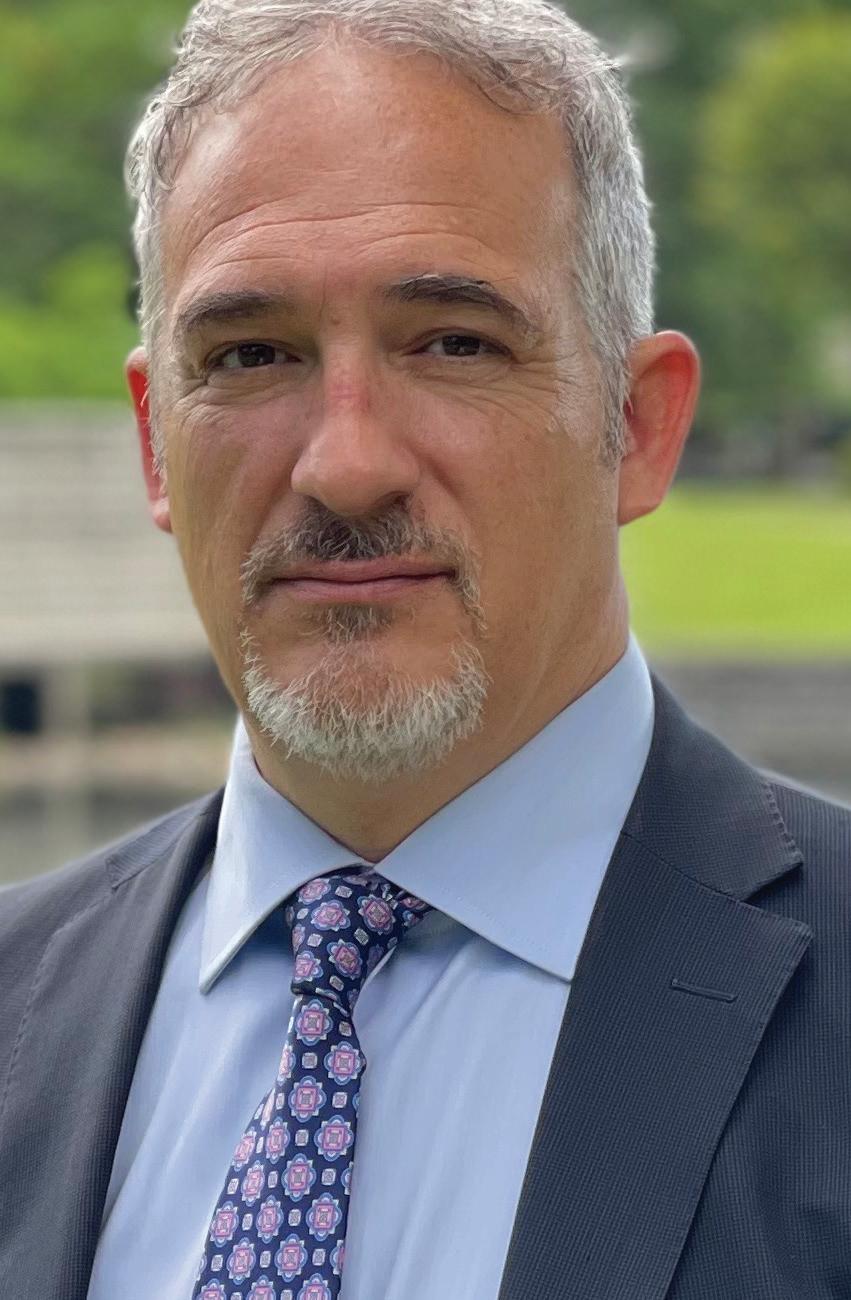

Mona Flax
Mona Schapiro Flax, PC
Area of legal expertise: Family Law
Chair of the Women’s Philanthropy Division (formerly Women’s Cabinet) and United Jewish Federation of Tidewater’s president-elect.
I am a litigator. I think this and my Virginia State Bar activities enhanced my leadership skills.
A good lawyer and litigator must also be a good negotiator. Thus, I have learned to listen. As chair of the Women’s Philanthropy Division, these skills enabled me to listen and hear varying points of view. I was able to use this ability in directing the division and also try to effect change.
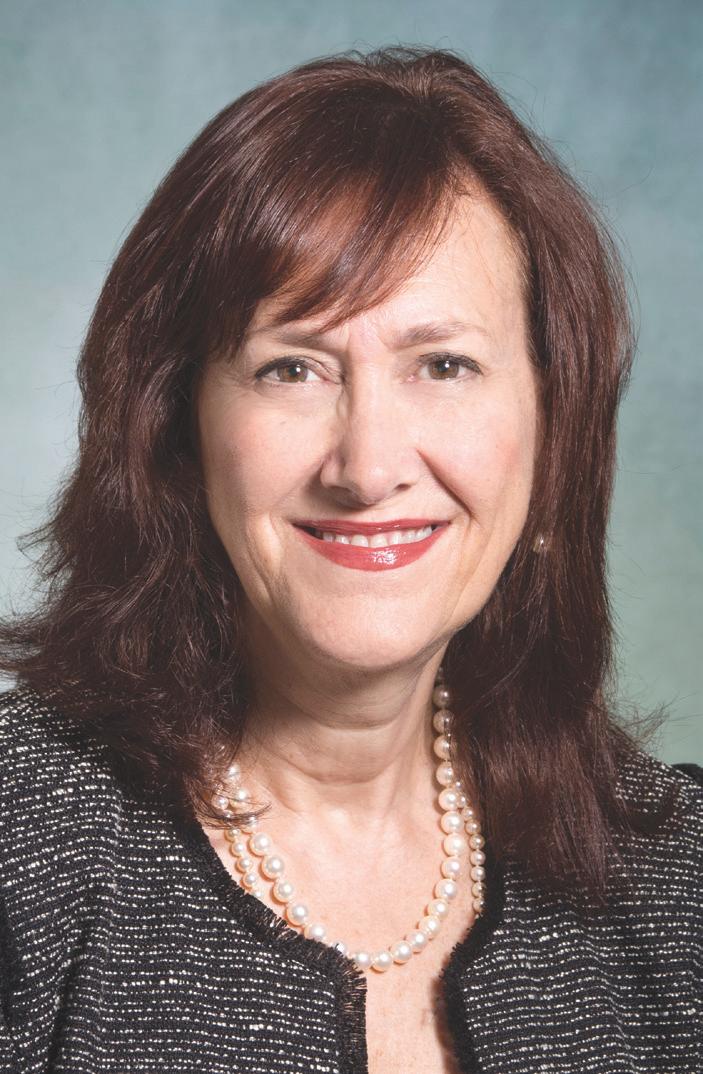
Laura Gross
Kaufman & Canoles
Area of expertise: Employment Law
United Jewish Federation of Tidewater’s Campaign chair, and former UJFT Women’s Philanthropy chair, Simon Family JCC president, UJFT president, Sandler Family Campus Committee chair.
Law school taught me to think critically and emphasized the necessity to look at both sides of an argument. As a lawyer and a lay leader, I listen before speaking; in depositions, if you’re thinking about the next question, you’re not hearing what is being said.
During COVID, we needed to figure out what to do, when to do it, and how to do it.
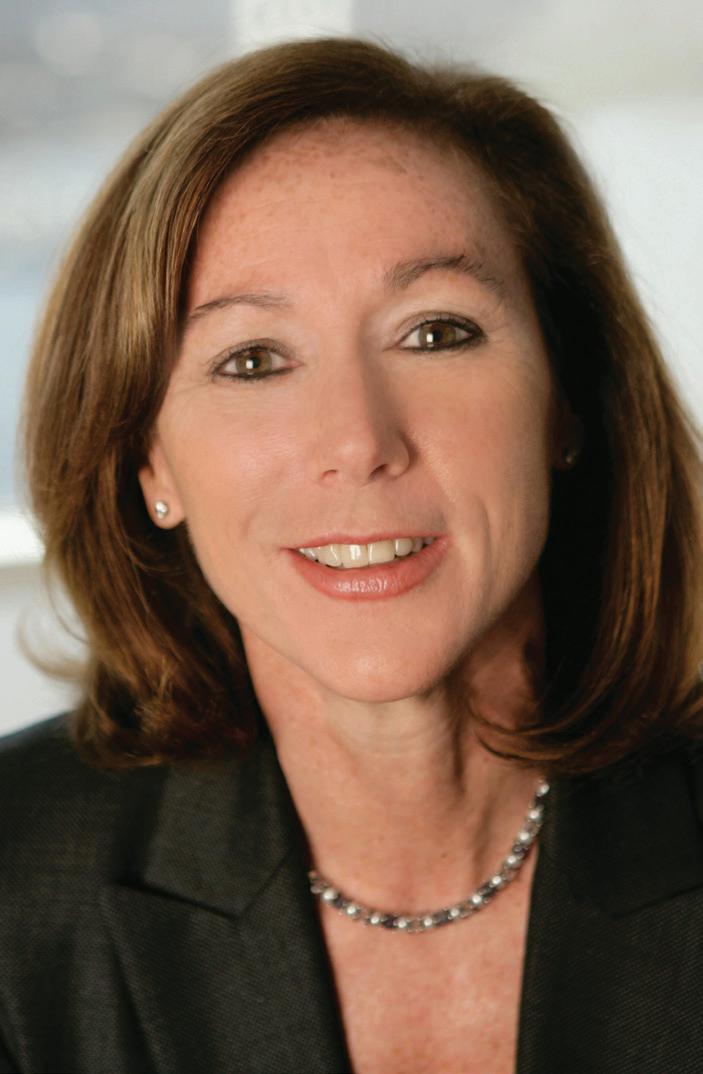
Burle Stromberg
Portsmouth City Attorney’s Office Area of legal expertise: Municipal Law, Personal Injury, Juvenile and Domestic Relations Law.
Former president of Hebrew Academy of Tidewater, now known as Strelitz International Academy.
My legal background gave me a structure by which to be a lay leader. I had a law professor who told us in our very first class that we would analyze practically everything in life based on our legal training and he was right. It helped me assist Gomley Chesed Synagogue in repurposing an endowment and in transferring ownership of the Gomley Chesed Cemetery to United Jewish Federation of Tidewater for continued operation and maintenance. My legal expertise also helped in drafting and interpreting bylaws.
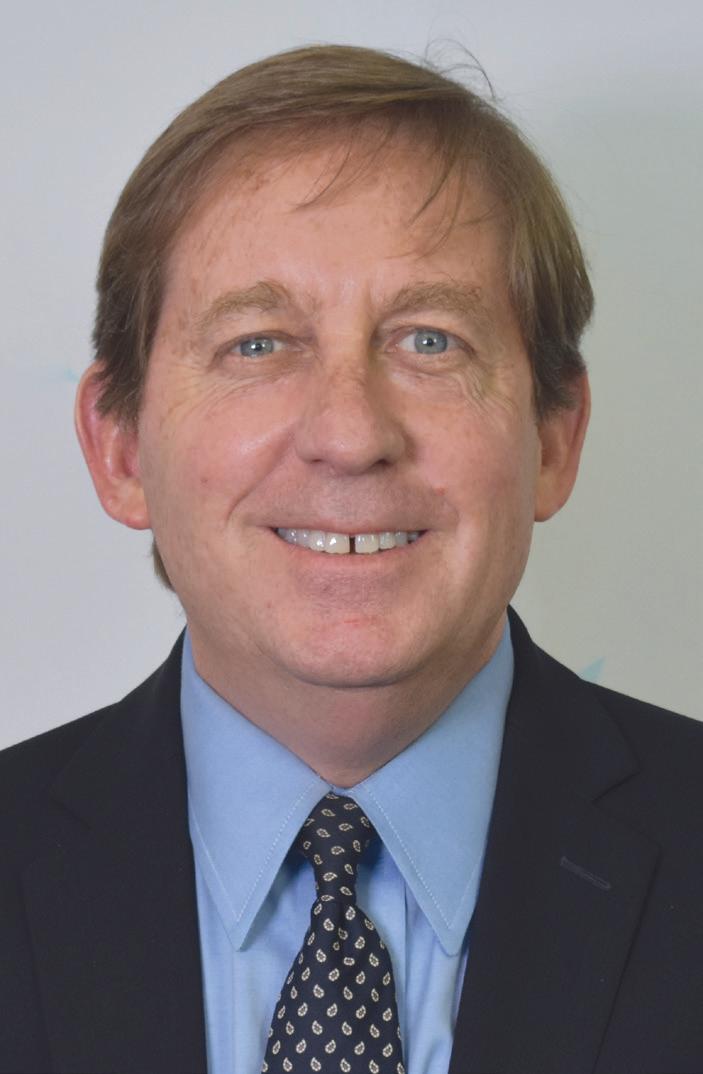



Cohen Investment Group has helped countless investors execute 1031 tax deferred exchanges, while also enabling high net worth individuals, registered investment advisors, and wealth managers to participate in institutional grade investment offerings across the country.



SEASONS OF CHANGE.
Autumn is here—and the falling leaves, shorter days and colder weather will arrive whether we are ready or not. So why not prepare for it? At Kaufman & Canoles, we believe in proactively planning for the future. Our dedicated Estate, Trust and Wealth Transfer team counsels families— sometimes even three or four generations of the same family—to strategically preserve wealth, minimize risk and create a legacy that will last for many seasons to come. We can. And we will.®
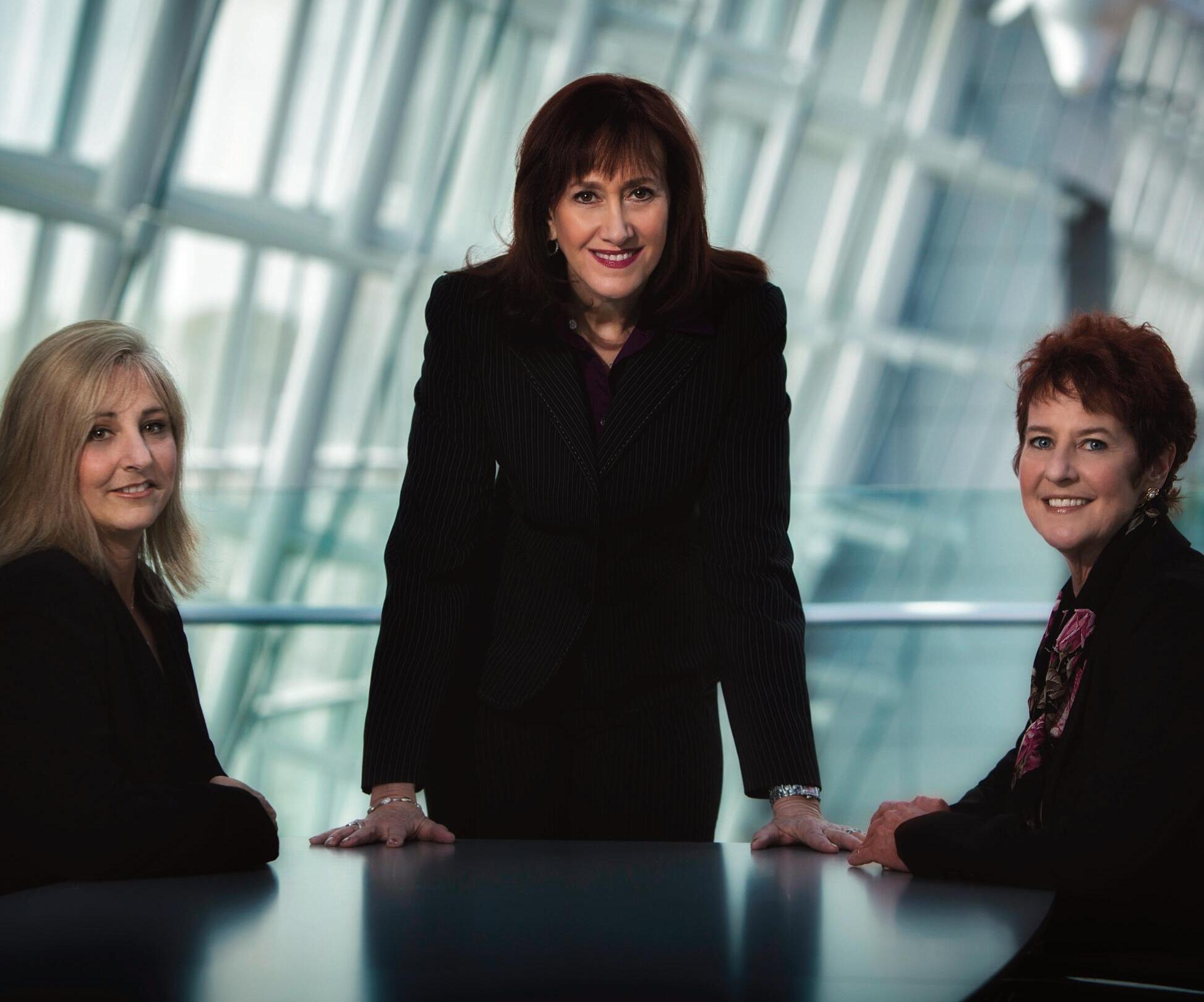

Legal GENERATIONS AT WORK TOGETHER
Editor’s note: There was a time when it was practically expected that children would work in their parents’ business or profession when they reached adulthood. The nature of the business didn’t matter – from
a mom-and-pop shop to a real estate office to a medical or law practice – and seemingly everything in between, that’s the way it was. Not so anymore. When it does happen, however, it’s worth noting and
writing about.
In Jewish Tidewater, we have several fortunate parents who work alongside their adult children. In future issues of Jewish News, we plan to feature
Michael and Jake Glasser: Collaborating, maintaining a personal touch for clients
Stephanie Peck
Jacob Glasser joined his dad, Michael Glasser, in 2020 in the family firm of Glasser and Glasser, which was founded in 1932. Trust and respect play important roles in their successful working relationship.
Michael A. Glasser
Glasser and Glasser, P.L.C.
Area of practice: Real estate, Commercial Litigation, Arbitration
Jewish News: How do you collaborate professionally with Jake?
Michael Glasser: Constantly, we are in each other’s office multiple times daily and in touch evenings and weekends.
JN: Do you find generational differences in practicing law? If so, what are they?
MG: Yes, other than Jake, most lawyers of the younger generation are focused on work/life balance. Jake is an extremely hard worker.
JN: What have you learned from practicing with Jake?
MG: Jake’s organizational skills are excellent. Jake is calm, logical, and efficient. I know many lawyers but none I would trust more than Jake.
JN: What advice would you give to parents/children who work together?
MG: If you don’t have a close bond and deep respect for the abilities of your child, this does not bode well for a long-term, successful business relationship. I have enormous respect for Jake’s intellect, integrity, and work ethic. So do all of the firm’s partners. That is why he is our firm’s managing partner.
Jacob L. Glasser
Glasser and Glasser,
P.L.C.
Area of practice: Banking and Finance; Business Law; Real Estate; Tax
Jewish News: How do you collaborate professionally with your father?
JG: My dad is the ultimate sounding board. Having practiced law for over 46 years, my dad has a wealth of legal experience and practical knowledge, much of which he gained from working with his father and brothers. We are frequently in each other’s offices reviewing legal issues and collaborating on
the administration of our firm.
JN: Do you find generational differences in practicing law? If so, what are they?
JG: Younger attorneys tend to leverage more technology in their legal practice which can be very helpful from an efficiency and organizational standpoint. That said, reliance on such technology can often result in a loss of the personal touch that prior generations incorporated into the legal practice. My dad has taught me that clients are often reaching out to an attorney because they have a problem and are looking for help. Helping a client resolve their
issue and delivering that solution with a personal touch goes a long way.
JN: What have you learned from practicing with your dad?
JG: To be responsive, to treat everyone with the utmost fairness and respect, and to help resolve clients’ issues in an efficient and professional manner.
JN: What advice would you give to other parents/children who work together?
JG: Working with family is a special experience. Value that time together and find ways to share advice and receive helpful feedback in a loving manner.
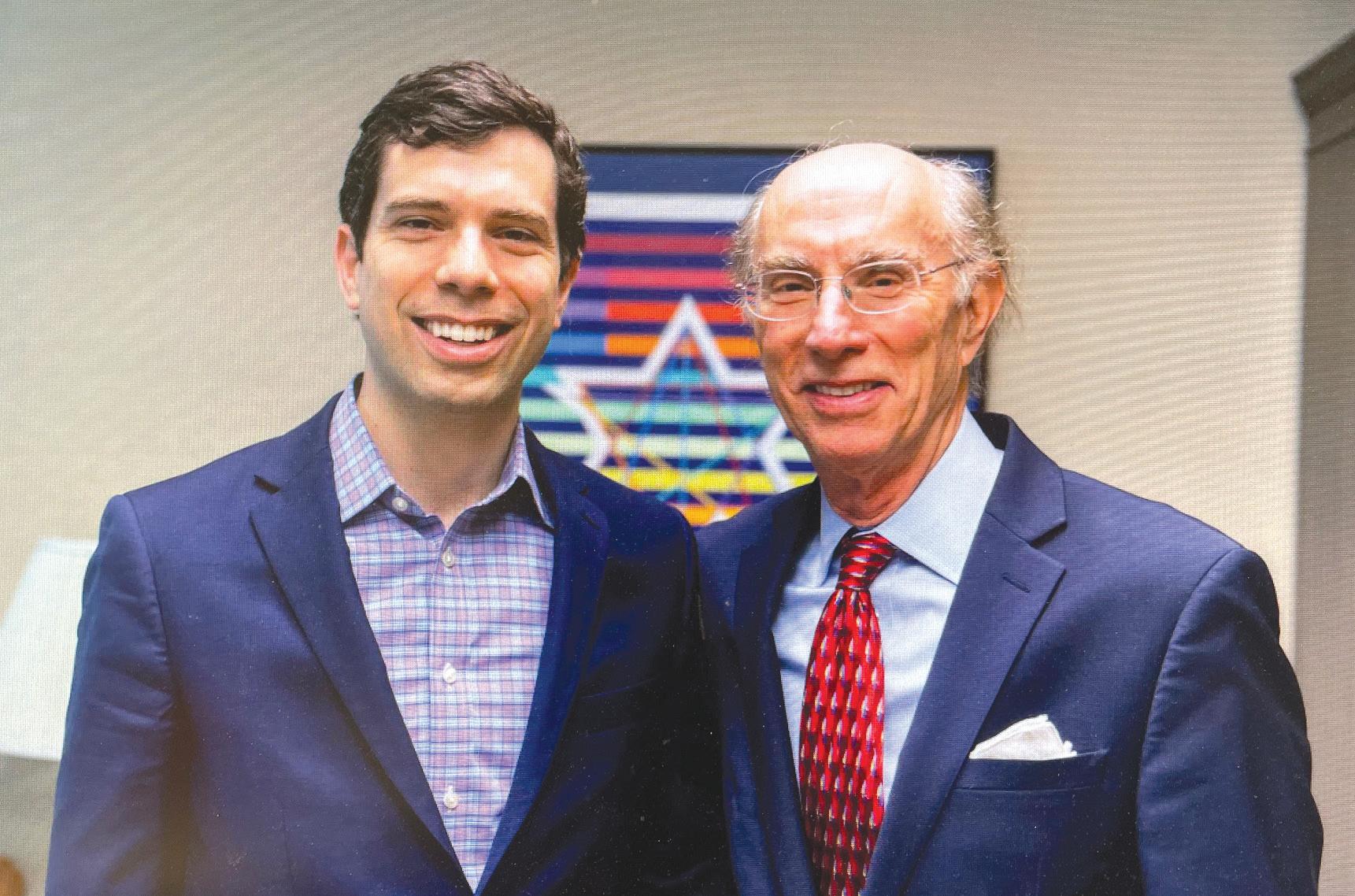
Jacob and Michael Glasser.
Legal
Richard Tavss and Besianne Tavss Maiden:
A model of appreciation of each other, their clients, and the
Stephanie Peck
At Tavss, Fletcher, Maiden & Reed, Richard Tavss and his daughter, Besianne Tavss Maiden, specialize in different areas of law, yet they communicate and share ideas multiple times each day. Both attorneys look forward to the next generation joining the firm, when Zach Maiden graduates law school this spring.
Richard J. Tavss
Tavss, Fletcher, Maiden & Reed, P.C.
Area of practice: Personal Injury and Civil Litigation
Jewish News: How do you collaborate professionally with Besianne?
Richard Tavss: I pick up the phone and talk to her or walk down the hall to her office about 20 times a day.
JN: Do you find generational differences in practicing law? If so, what are they?
RT: The law is constantly changing and evolving, as well as technology, which impacts the general practice of law. Our generational gap is maybe less than it is with others because we have been working together for over 30 years. That gives us both the “old” and “new” perspective.
JN: What have you learned from practicing with Besianne?
RT: She cares deeply about each of her clients. That resonates with me and reminds me every day that we are the most important call/visit a client has that day, even though we see/talk to many people.
JN: What advice would you give to other parents/children who work together?
RT: It enriches the relationship between father and daughter, and if given the opportunity, I would recommend you do it; it makes every day at work better.
JN: Additional comments?
RT: Having my daughter with me and seeing her thrive has made my career that much more rewarding. Coming soon: The next generation will join Tavss, Fletcher, Maiden
future
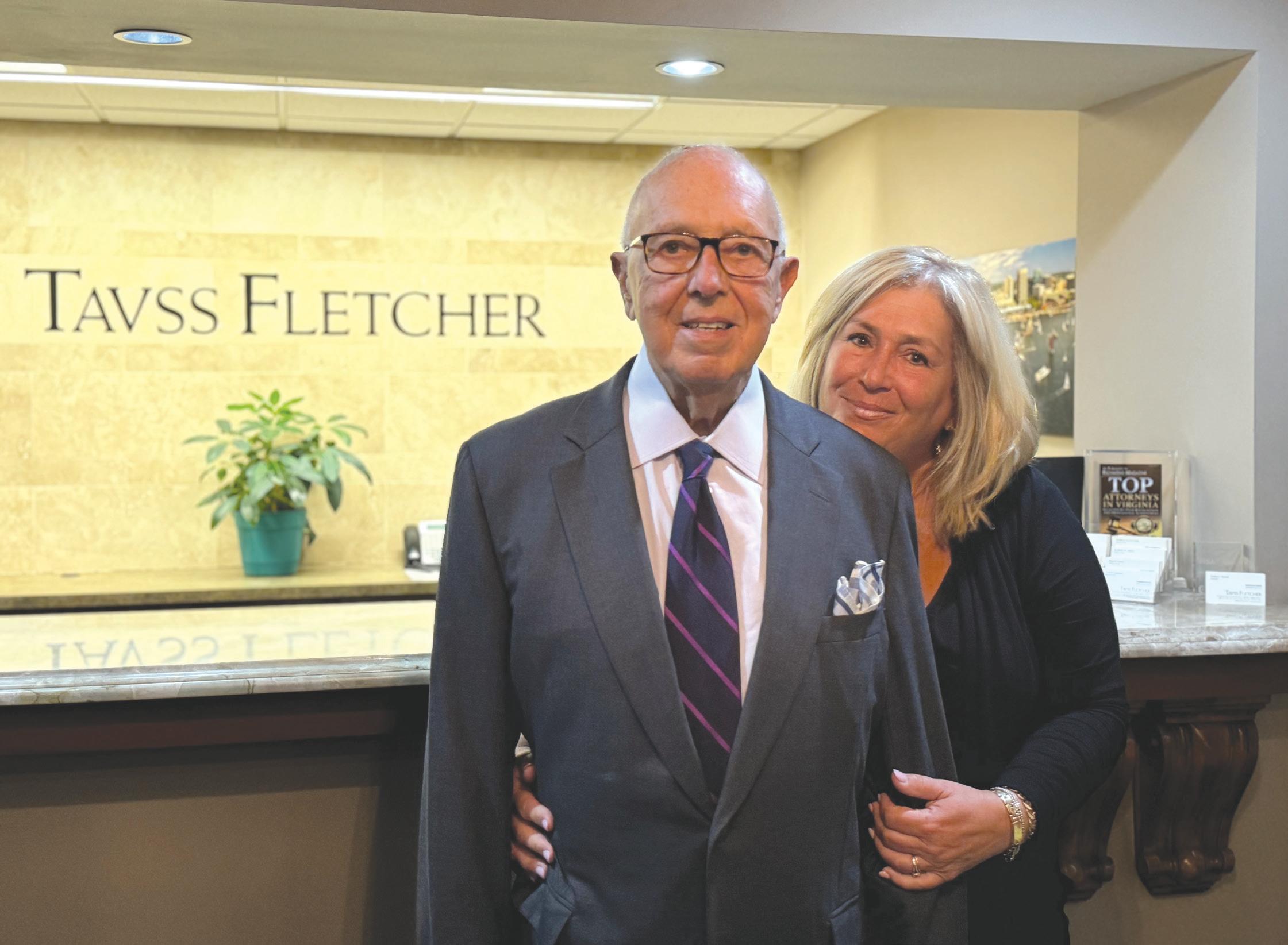
& Reed, P.C. One of my grandsons will be graduating from Tulane Law in May 2025 and plans to join me and his mother. We are all beyond excited.
Besianne Tavss Maiden Tavss, Fletcher, Maiden & Reed, P.C. Area of practice: Family Law
Jewish News: How do you collaborate professionally with your father?
Besianne Tavss Maiden: We discuss specific cases; we bounce ideas off one another; we share our successes by telling each other the “blow-by-blow” details.
JN: Do you find generational differences in practicing law? If so, what are they?
BTM: My dad is from a generation where lawyers trusted one another, and many negotiations were solidified with a handshake. Now, we, of course, put everything in writing. When he has information for a client, he picks up the phone, rather than sending an email or text. Because I learned from him, I do the same, but younger lawyers are quick to respond with an email, which can be less effective.
JN: What have you learned from practicing with your dad?
BTM: My dad taught me to be kind, to appreciate and thank our clients, our office staff, judges, court clerks, everyone with whom we come into contact. He smiles all of the time and checks on everyone in the office daily; he is a “bright light” to all who
have the honor to work with him. I strive to be like him in that way.
JN: What advice would you give to other parents/children who work together?
BTM: If given the opportunity, take it. Take time to have lunch together and enjoy the shared experience and the time together. My career would not have been nearly as successful or rewarding (and often fun) without his guidance, support and friendship.
JN: Additional comments?
BTM: My oldest son, Zach, will be joining our firm this summer after he graduates from Tulane Law. That will make three generations practicing law together. I think that is pretty special.
Richard Tavss and Besianne Tavss Maiden.
Welcome Seniors!

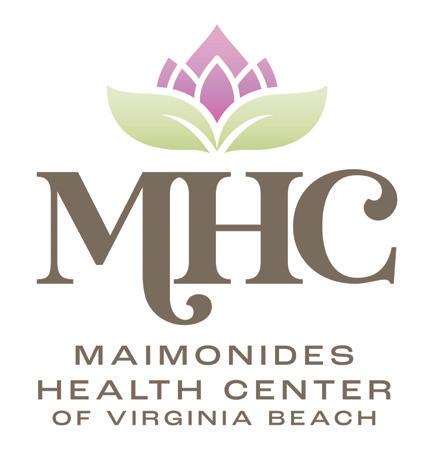
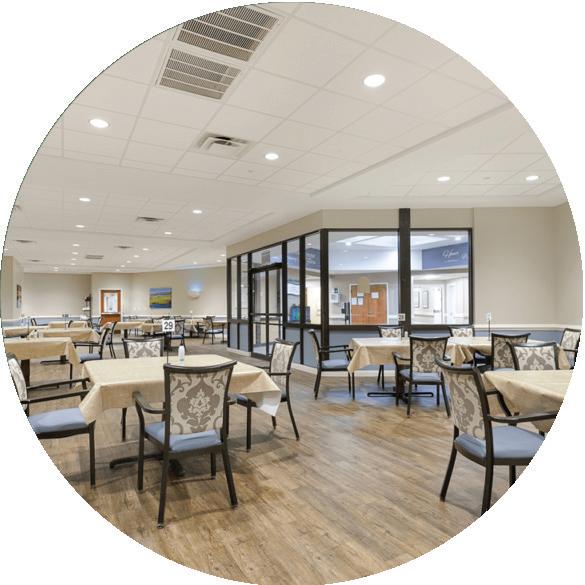
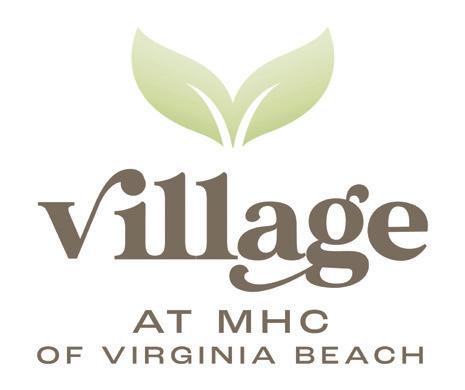

The laws and labor of kashuring a commercial kitchen
Rabbi Shalom Mostofsky performs a unique task in Tidewater. As the sole mashgiach for Vaad Hakashrus of Tidewater, Mostofsky is the kosher food supervisor for commercial kosher kitchens in the area. He ensures that all ingredients and equipment meet the kosher laws or requirements to maintain this specific certification.
According to the Vaad website, vaad ha Rabinim, or vaad for short, translates to council of rabbis. “Having a Kosher symbol on your label opens up your product up to an entire new market,” according to the promotional material. In Tidewater, that market includes more than 100 households that follow the laws of kashrut.

Mostofsky’s work takes him to William & Mary on a weekly basis, where a kosher kitchen provides dining options for students who follow this religious tradition. In this kitchen, some of the equipment is new, which requires no effort on the part of the mashgiach. “A stove top and oven are easy to make kosher, because nothing sits directly on the equipment,” Mostofsky says. However, a pot, or any implement encountering food, needs to be heated to remove traces of non-kosher food. Boiling water is one option to make a pot kosher; utensils can also be boiled in a pot of water, for the same outcome.
“A grill or a griddle requires much stronger heat,” says Mostofsky. He will often burn charcoal on the surface for an hour until the charcoal burns out. In many establishments, this task requires moving the heavy equipment outside to avoid a fire hazard. While working at ODU before the opening season of kosher Camp Sababa, Mostofsky was unaware of the location of a heat detector, which summoned the police and fire departments while he torched the kitchen equipment.
The kosher kitchen at William & Mary also uses a lot of ingredients, requiring more supervision. Many vegetables are washed numerous times with soap and water to remove traces of bugs. Mostofsky uses a light box to further examine the produce before deeming it kashured.
When Nothing Bundt Cakes opened in Norfolk, it was “the perfect storm for kosher,” Mostofsky acknowledges. The ingredients are labelled kosher, and all the equipment was new, similar to the opening of the kosher Krispy Kreme in Newport News.
Converting an existing kitchen to kosher can be complicated. Mostofsky highlights the Krispy Kreme in Virginia Beach, one of the oldest locations of the chain. “They used to use lard as their oil, that’s how old it is,” he laughs. While this location currently uses kosher oil for its donuts, the hot tank is not kosher, and Krispy Kreme cannot stop production long enough to thoroughly clean the tank to meet kosher standards.
While Mostofsky oversees this certification for other organizations, his role at Vaad Hakashrus encompasses weekly and monthly visits to 9 -10 establishments, including the Norfolk locations of Cold Stone Creamery, Skinny Dip, and Nothing Bundt Cake. Mostfosky also travels to three BJ’s locations in Norfolk, Virginia Beach, and Richmond, where the dairy cakes are baked off, to ensure that the baking equipment remains separate from the various tastings offered throughout these stores.
“I’ve been here for 30 years. I have an idea of what works and what doesn’t,” he says.
Stephanie Peck




-Andrew H. Hook, President of
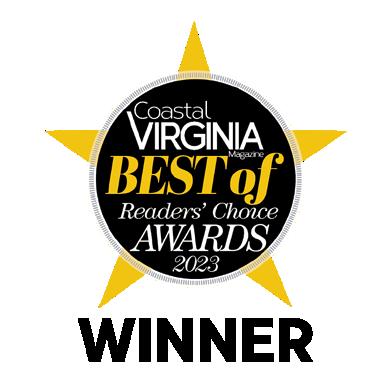



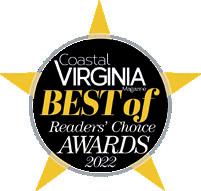
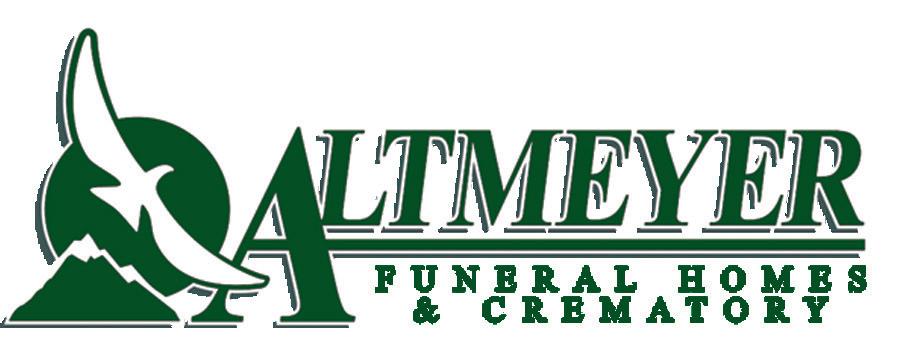
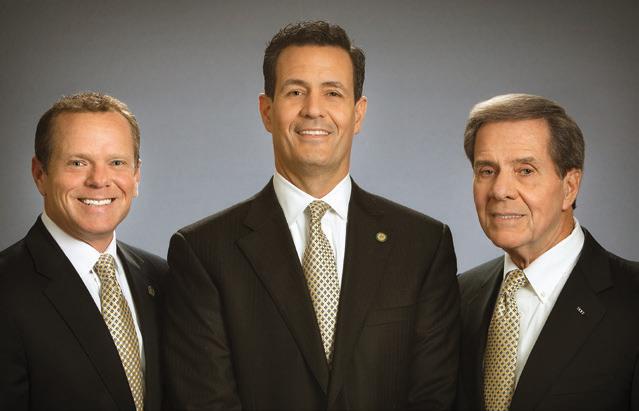
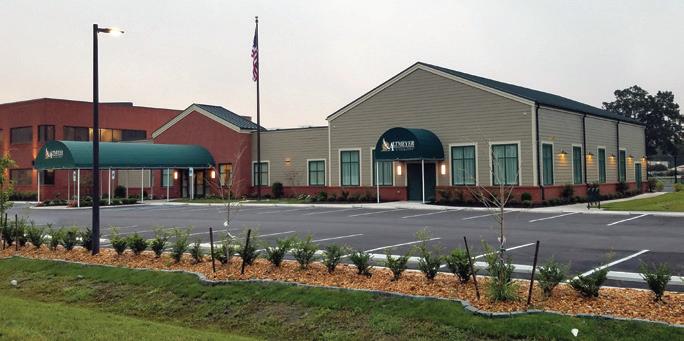
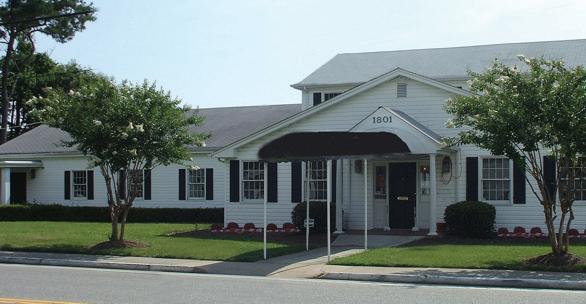

• Advance funeral planning
• Professional, experienced, caring staff
• Flexible burial options
• Flexible payment options
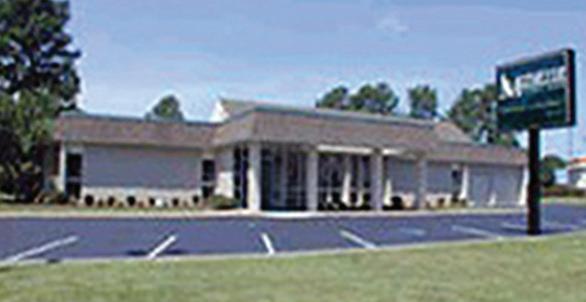
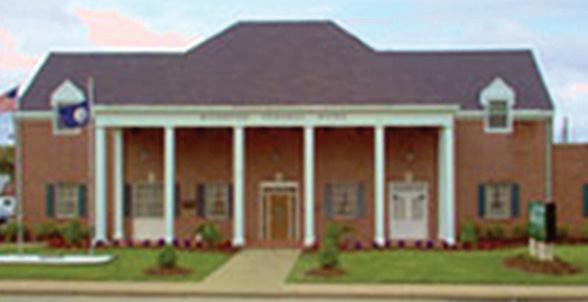
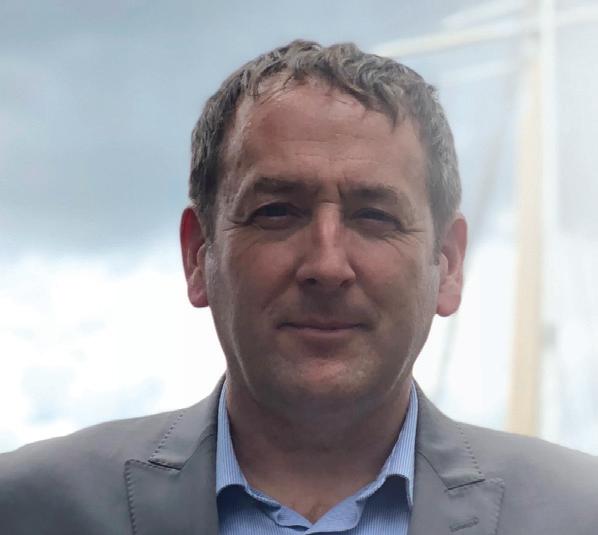

October 28 – Business/Investment (Deadline Oct. 11)
November 11 – Mazel Tov (Deadline Oct. 25)
December 2 – Year-end Decisions (Deadline Nov. 15)
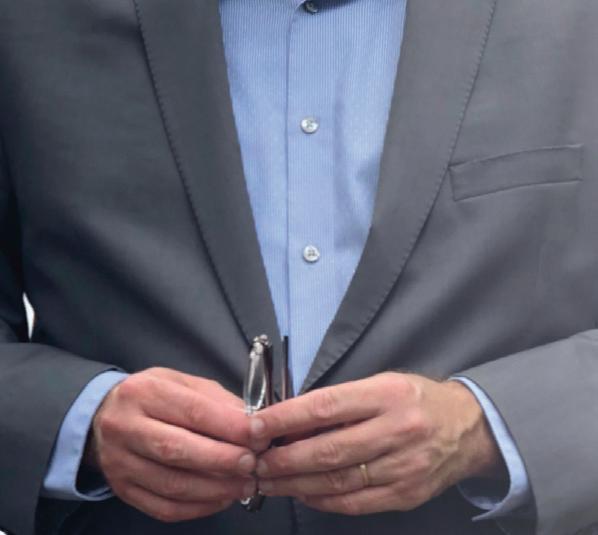


To advertise, call 757-965-6100 or email sgoldberg@ujft.org. Trey Kelleter represents and advises defendants, witnesses, and victims in federal and state criminal investigations. Put his decades of experience as a trial lawyer and skilled negotiator to work for you.
Chris Sisler, Vice President,
of Ohef Sholom Temple, Board member of the Berger-Goldrich Home at Beth Sholom Village, James E. Altmeyer, Jr., President, James E. Altmeyer, Sr., Owner
Legal
Guardianship and Conservatorship Summit hosted by Jewish Family Service
Kelly Burroughs
The first Guardianship and Conservatorship Summit, sponsored and presented by Jewish Family Service of Tidewater’s Personal Affairs Management Program, took place on September 24 at the Sandler Family Campus. Approximately 150 people from throughout Hampton Roads attended.
The summit included speakers from JFS’ Personal Affairs Management program and an attorney who works closely with JFS. Each of the speakers brought expertise to share with the attendees – hospital discharge and intake staff, nursing home administrators and staff, owners and managers of group homes for people with intellectual or developmental disabilities, and representatives from various independent living and skilled nursing facilities.
“There is a lot of confusion on what it means to be appointed guardian,” said Dorothy Salomonsky, PAM program director. “Just because someone has poor judgement does not mean they need a guardian.”
Greg Pomije, an attorney and Commissioner of Accounts for the city of Portsmouth, noted “Guardianship appointments are very serious. People under guardianship most often lose their right to vote, to own guns, to drive a car, among other things. State statutes outline due process,” he continued, “but the court outlines the individual restrictions.”
Lloyd Clements, PAM’s clinical director, shared insights based on his more than 25 years with the agency and background as a licensed professional counselor. “People come to us for a variety of reasons,” he said. “It is our goal to help them as much as we can by providing person-centered strategies that help them maintain their dignity and have a good quality of life.”
Nikcole Gerhardt, PAM’s client and community relations manager, outlined the intake process, reiterating that the agency does not petition the courts for referrals to the PAM program. Once a person is appointed to JFS, the representative for the agency must post bond and qualify before
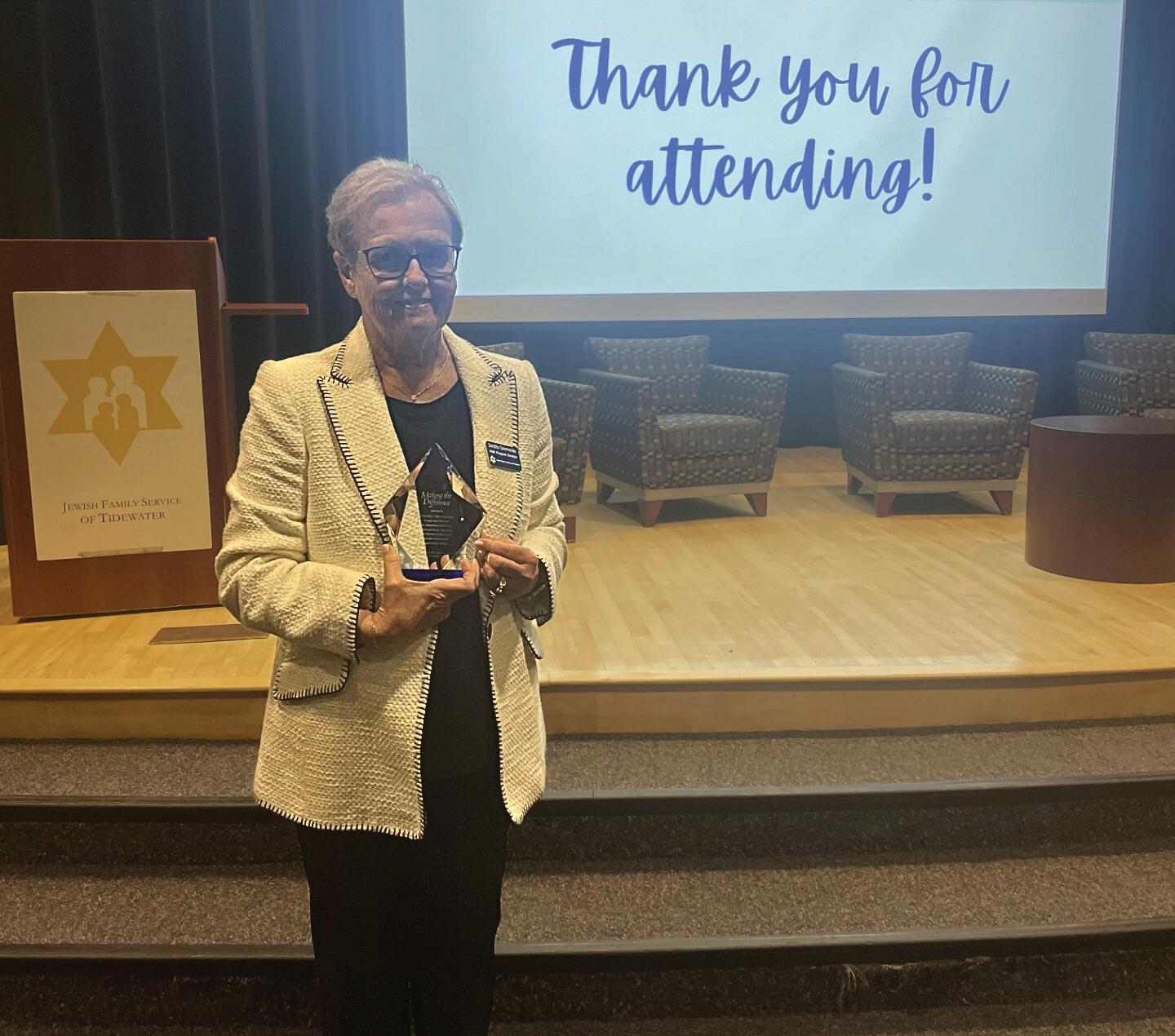
the court clerk. JFS receives hundreds of referrals each year, and currently serves as guardian to approximately 1,300 incapacitated people.
When someone is appointed a guardian, they are often also appointed a conservator, who is appointed by order of the circuit court and is responsible for managing the estate and financial affairs of an incapacitated person to ensure their financial well-being. “This is a time-consuming process,” said Andrei Niazdoimin, JFS director of finance and accounting. “The agency is responsible for the financial affairs of the person appointed to us. We do not know anything about them, what assets they have, what resources. We apply for benefits on their behalf and maintain a fiduciary
relationship with them while also ensuring that all their needs are met.”
Dorothy Salomonsky was recognized at the event with an award. Harry Graber, who was executive director for JFS at the time of the program’s development, remembered hiring Salomonsky nearly 30 years ago. “What started out as a volunteer job for 10 hours a week became a fulltime job. Dorothy’s work helped to shape guardianship rules for adults throughout Virginia, and the program was named by the Governor’s Office as a Model Program. I am very proud to have been associated with Dorothy,” he said. For her outstanding achievements for 29 years as the program director, she was presented with an award on behalf of JFS thanking her for her outstanding devotion.
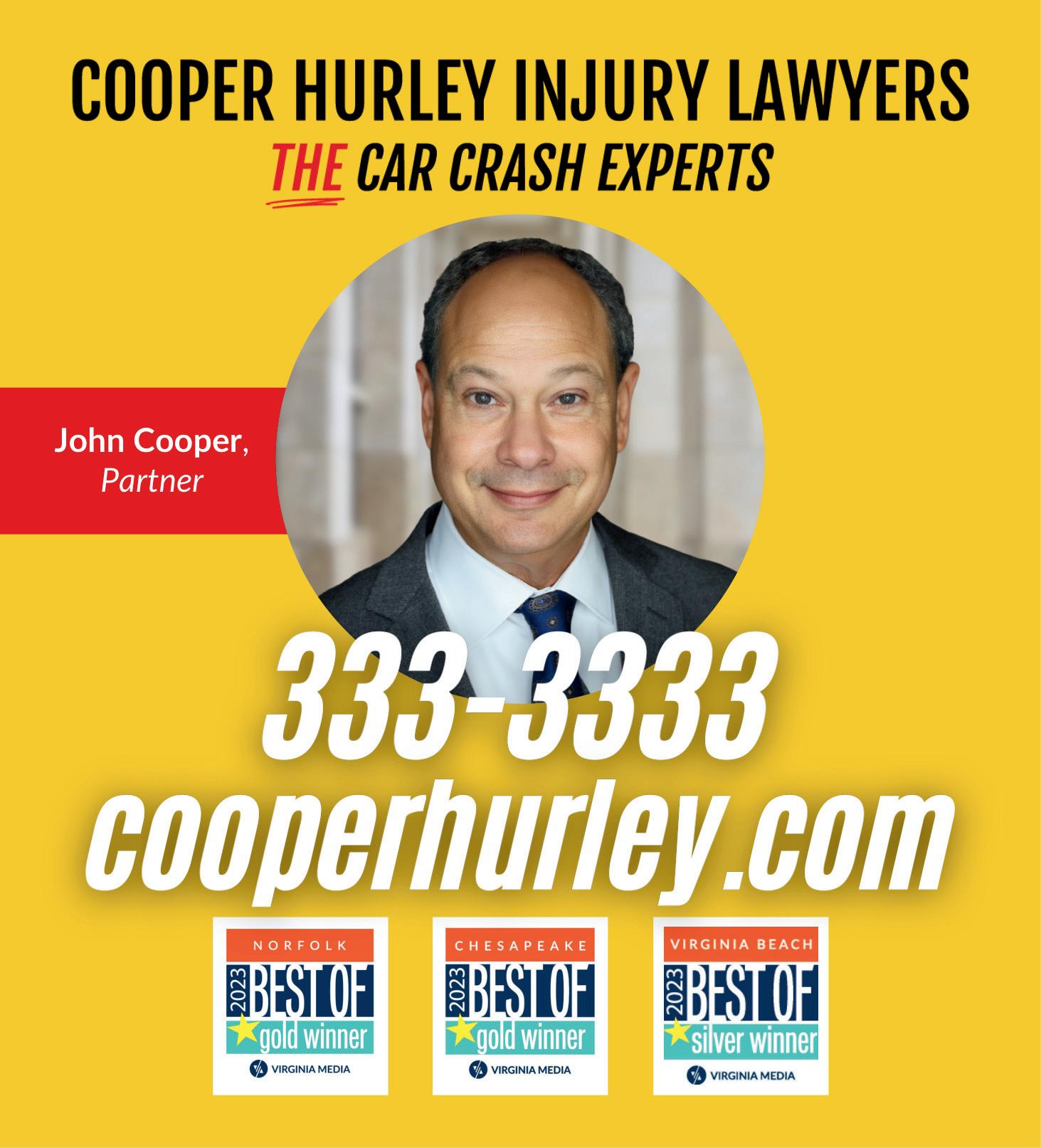
Dorothy Salomonsky, PAM program director.
